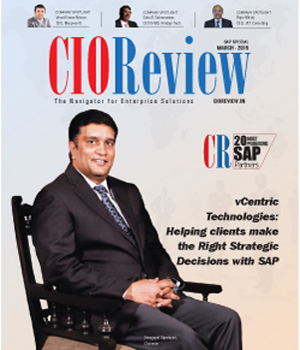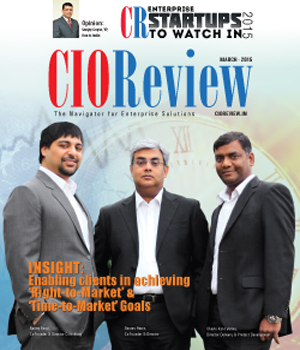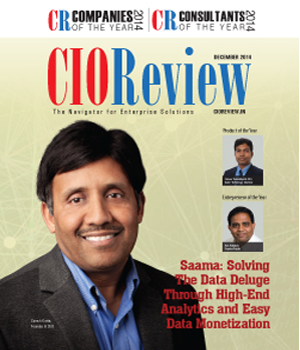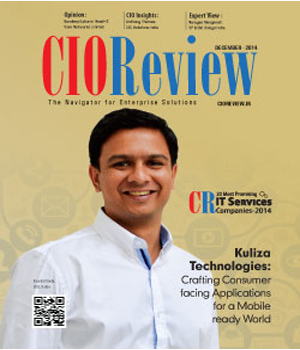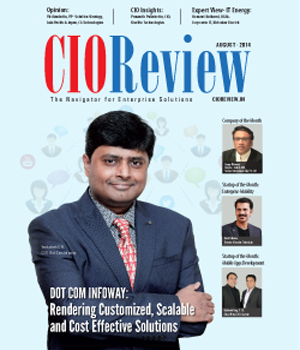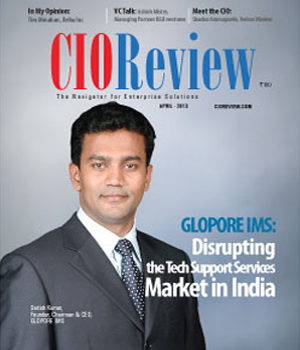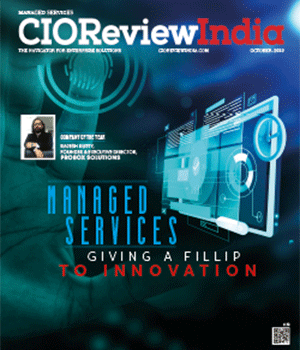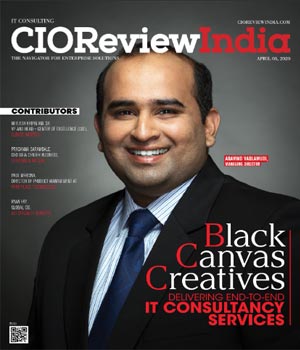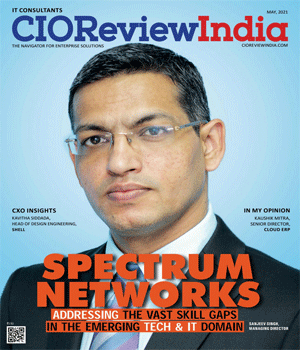
Red Hat and Oracle Expand Collaboration to Bring Red Hat Enterprise Linux to Oracle Cloud Infrastructure
CIOTechOutlook Team | Wednesday, 01 February 2023, 07:10 IST
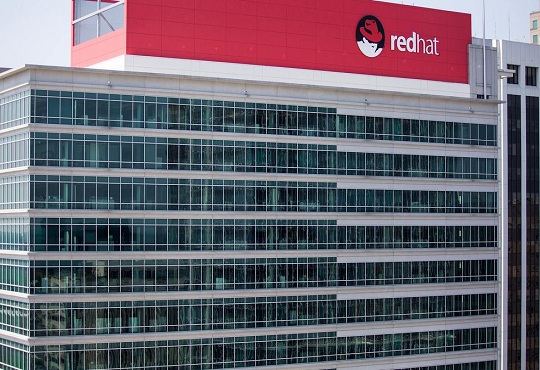 Red Hat, Inc., the world's leading provider of open source solutions, and Oracle today announced a multi-stage alliance to offer customers a greater choice of operating systems to run on Oracle Cloud Infrastructure (OCI). The strategic collaboration starts with Red Hat Enterprise Linux running on OCI as a supported operating system, improving the experience for organizations that rely on both OCI and Red Hat Enterprise Linux to fuel digital transformation and migration of mission-critical applications to the cloud.
Red Hat, Inc., the world's leading provider of open source solutions, and Oracle today announced a multi-stage alliance to offer customers a greater choice of operating systems to run on Oracle Cloud Infrastructure (OCI). The strategic collaboration starts with Red Hat Enterprise Linux running on OCI as a supported operating system, improving the experience for organizations that rely on both OCI and Red Hat Enterprise Linux to fuel digital transformation and migration of mission-critical applications to the cloud.
Gartner’s “Forecast: Public Cloud Services, Worldwide, 2020-2026, 4Q22 Update” states that “worldwide, public cloud services are forecast to grow 18.5% in 2023” while “organizations continue accelerating cloud adoption, which is driving a five-year compound annual growth rate of 19.6%.”[1] This growth indicates a need for broad support of customer choice, both in terms of cloud provider and the operating system underpinning cloud environments.
Ninety percent of the Fortune 500 currently rely on Red Hat and Oracle solutions. For many of these companies, Red Hat Enterprise Linux serves as their operating system foundation and OCI offers them high-performing, mission-critical cloud services, to power digital-forward operations. Now these organizations are able to standardize their cloud operations with Red Hat Enterprise Linux running on OCI, which enables customers to gain a common platform that stretches from their datacenter to the OCI distributed cloud.
Red Hat, Inc., the world's leading provider of open source solutions, and Oracle today announced a multi-stage alliance to offer customers a greater choice of operating systems to run on Oracle Cloud Infrastructure (OCI). The strategic collaboration starts with Red Hat Enterprise Linux running on OCI as a supported operating system, improving the experience for organizations that rely on both OCI and Red Hat Enterprise Linux to fuel digital transformation and migration of mission-critical applications to the cloud.
Gartner’s “Forecast: Public Cloud Services, Worldwide, 2020-2026, 4Q22 Update” states that “worldwide, public cloud services are forecast to grow 18.5% in 2023” while “organizations continue accelerating cloud adoption, which is driving a five-year compound annual growth rate of 19.6%.”[1] This growth indicates a need for broad support of customer choice, both in terms of cloud provider and the operating system underpinning cloud environments.
Ninety percent of the Fortune 500 currently rely on Red Hat and Oracle solutions. For many of these companies, Red Hat Enterprise Linux serves as their operating system foundation and OCI offers them high-performing, mission-critical cloud services, to power digital-forward operations. Now these organizations are able to standardize their cloud operations with Red Hat Enterprise Linux running on OCI, which enables customers to gain a common platform that stretches from their datacenter to the OCI distributed cloud.
Red Hat Enterprise Linux is now certified on OCI’s flexible virtual machines that offer from one up to 80 CPU cores in single CPU increments, and from 1GB memory per CPU up to a total of 1024 GB, depending on the processor. Red Hat Enterprise Linux is initially supported on the most recent OCI virtual machine shapes using AMD, Intel and Arm processors.
CIO Viewpoint
With Managed Services Organizations Can Reduce...
By Krishnakumar Madhavan, Head IT & Innovation, KLA Software India Pvt Ltd
By Amandeep Singh, Vice President & Group Head - IT Infrastructure, Thomas Cook India Limited
By Brian Clarke, Solutions Architect-Networking and Collaboration, OneNeck IT Solutions
CXO Insights
Innovation in IT: Meeting Evolving Demands and...
By K Shivasankar, Vice President - Technology & Solutions, India, NTT DATA Inc
Low-Code/No-Code: The Key to Intelligent...
By Sachin Panicker, Chief AI Officer, Fulcrum Digital
Maximizing Business Insight with Big Data...


